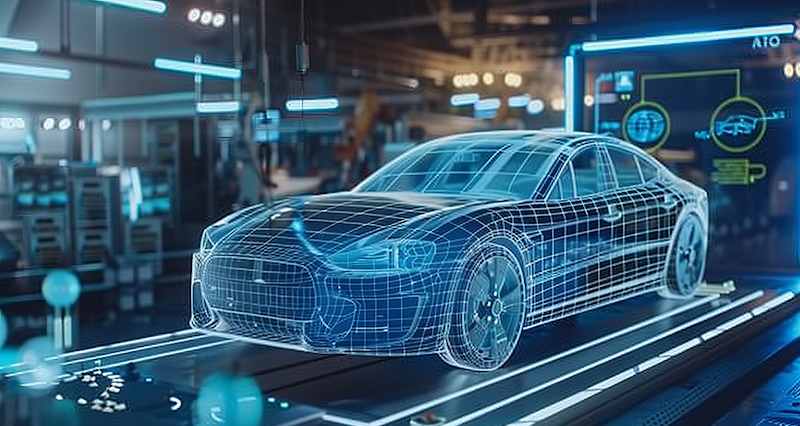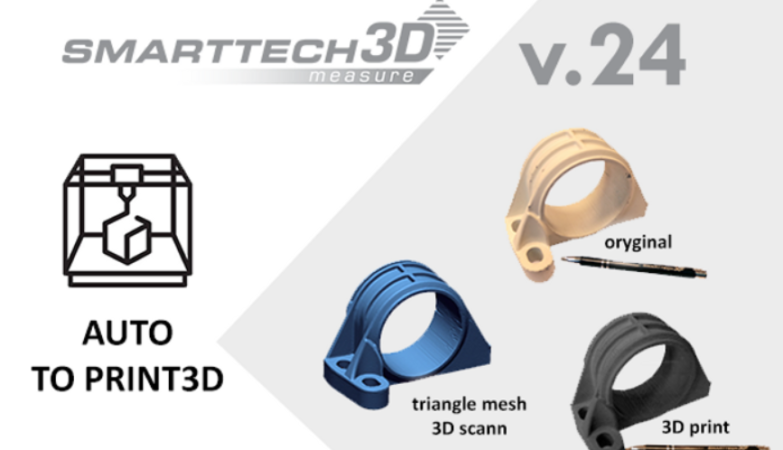It’s a fast-moving sector characterised by fierce competition and a sense of urgency. This is an industry in a race like none other: the race to produce affordable, sustainable, electric vehicles. This Grand Prix (that’s French for ‘big prize’ by the way) is taking place right now and the entire world is watching in the stands.
Under the pressure to reduce costs and grow market share, manufacturers must not lose sight of quality. This is where technology and technology partners can help.
In this blog, based on our recent round table event with Reuters, we’ll discuss the challenges facing the industry. We’ll talk about the crucial role of data and AI in EV manufacturing, and how new technology and innovative manufacturing processes are bringing that ‘big prize’ within reach.

The power of data in EV manufacturing
The most useful tool in an EV engineer’s toolbox is not a spanner, a wrench or a micrometer, it’s data.
With the power of data from across the value chain, coupled with advanced processing power and artificial intelligence, we can see better, further and with more detail than ever before. The data-driven approach is like switching on your car headlights and suddenly being able to see the whole road laid out ahead of you.
In the high-stakes race towards affordable, sustainable vehicles, the manufacturers that make the most effective use of data will set the pace. But there are challenges to address first.
Data overload
The first challenge to EV manufacturers is dealing with the vast quantities and diversity of data generated from sensors and IoT devices throughout the value chain.
The abundance of data offers huge potential for those able to break through the noise and find the insights it contains. It requires enormous storage and processing power, but with advanced AI capabilities this task is now achievable.
Even with this quantity of information, manufacturers of electric vehicles must still look for gaps in their knowledge. With such a wealth of data, it is still very possible to find blind spots, and finding them before it becomes a problem is a challenge.
Dealing with a data overload calls for constant progress in data management and processing technologies. This is an area where investment and further research will continue to make a big impact, so watch this space and be aware of your own capabilities and limitations.

Innovative manufacturing processes
If you keep doing what you’ve always done… you know the phrase. Embracing change and innovation is the only way to get your hands on the big prize.
If you can’t feel the wind in your hair, you’re not moving fast enough. That’s equally true in the driver’s seat as it is in the design office right up to the boardroom.
Innovative manufacturing processes are those that make the best use of data. Utilising CAE software tools, EV manufacturers can effectively create and evaluate digital twins of multiple designs using virtual prototypes, instead of building physical ones. Identifying the best functional design to be manufactured, as opposed to taking the CAD and trying to make it work on the production floor, is a huge shift that saves time and money, reduces waste and improves productivity.
Applying AI and machine learning to simulation processes accelerates them further still, removing many hours and days of development time to reduce costs.
Harnessing the power of AI
Quality management systems and data infrastructure extend to all parts of the EV manufacturing value chain. Data sources begin far downstream and extend all the way to the end of the lifecycle.
In the face of this vast amount of data, harnessing AI has become imperative. There is simply no better way to transform the data into useful information. AI can help optimise design, enhance production facilities and enable predictive maintenance, all of which lead to reduced costs and higher efficiency.
AI also plays a critical role in quality control and data management, ensuring high standards are met and actionable insights are derived from vast volumes of data.

Maintaining quality
A good reputation is worth more than gold. Quality management is crucial for establishing trust with consumers and maintaining competitiveness. We’ve spoken a lot about cost-saving measures, but this should not compromise quality. With the right technology stack, it doesn’t have to be.
Detecting issues early is vital. Here again, is the power of data. By testing earlier and more frequently we can spot the tiny fluctuations in parameters and identify an issue before it becomes a problem. This broad approach to quality control is very powerful. When we combine data and create feedback loops from the design phase through to aftersales service and beyond. If you increase the quality level during the development process at the very beginning, you can save time, reduce costs, improve product quality and increase customer satisfaction throughout the product lifecycle.
Steering EV manufacture with a customer-focused approach
As we harness the power of data and AI to fine-tune production processes, it should ultimately be about delivering an EV that works satisfies the end user.
Perhaps the overall message here is to keep your eyes on the finish line. The big prize will go to the manufacturers that make the most of all the tools and resources available to them. From predictive analytics, process optimisation and expert quality control across the value chain everything you do must have the customer at the centre.









